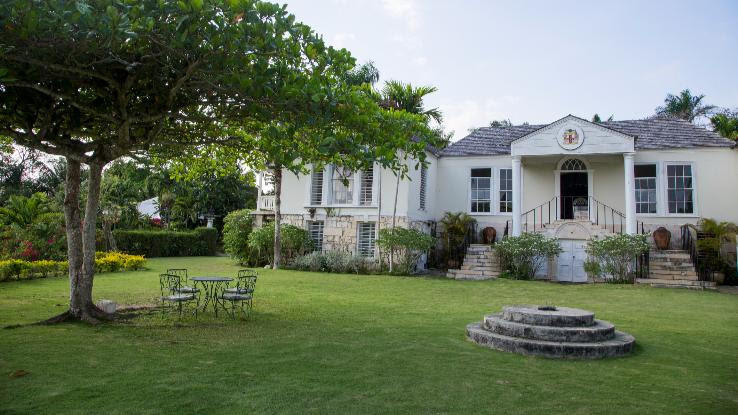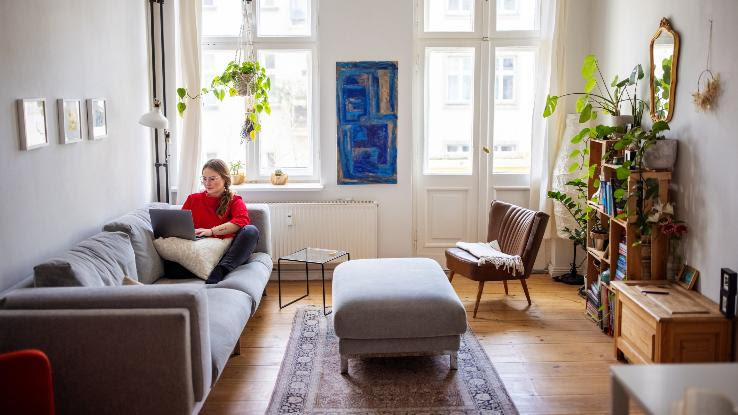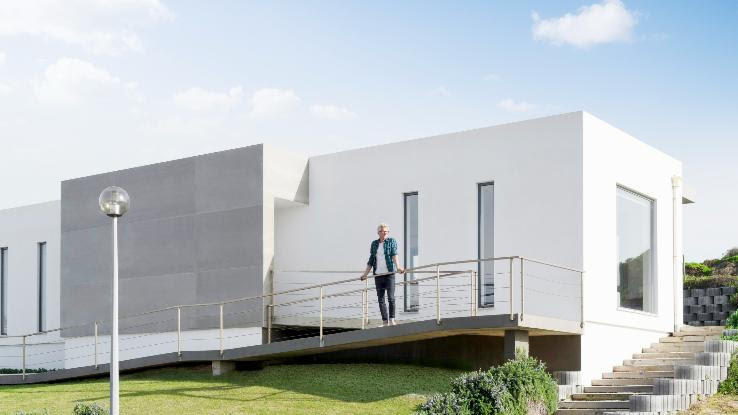
When it comes to property in the United States, you generally fall into one of two categories: an owner or a tenant. In many other countries, including the U.K., the terms freehold and leasehold are much more common when referring to property ownership.
So, what exactly do these terms mean? We’ll delve into their connotations as well as the responsibilities that go along with each type of ownership.
What Does Freehold Property Mean?
Freehold property is a piece of property and the land that it’s built on that is owned outright by the person, government, or society who purchased it. In other words, that land is there to do whatever they like with as long as it’s following local regulations.

While freehold properties are generally more expensive to purchase, they also come with less paperwork and legal requirements that need to be met. Purchasing a freehold property also comes with a great deal of both freedom and responsibility, as you are completely in charge of the land and any buildings on it.
Freehold Property Definition
The term “freehold” refers to a piece of real estate that is “free from hold,” meaning that legally it’s not the property of anyone except the owner. The owner is not obligated to pay rent or answer to a landlord as far as what you can and cannot do. In other words, you’ll have complete control over how many pets you’d like to have, renovations you’d like to do, whether or not you smoke inside, and so on.

Freehold properties are also permanent, meaning that you can retain ownership for life if you choose. Alternately, you are free to sell or rent it while retaining complete ownership.
Freehold Properties vs. Leasehold Properties
Leasehold properties are an alternate option to freehold properties and come with a different set of terms. If you decide to purchase a leasehold property then you aren’t technically the owner but have negotiated a contract with the owner that allows you to live on that property for a certain amount of time.

While pretty much all apartments and flats are leasehold properties, other leasehold contracts can cover a much longer span of time than your average apartment rental. If, for instance, you decide to move into a house that you’d like to live in for years, it’s possible to get a leasehold agreement that lasts for anywhere from 40–100+ years.
During that time, you’ll have to pay ground rent to the owner but are more or less still free to renovate or add to your home. Just bear in mind that when the contract runs out, the property and the land it’s on will all revert to the freeholder.
Rights of the Owners of Freehold Properties
The rights of a freehold property owner are many. Not only are they free to do what they like with their property and the land it’s built on, but they also own it indefinitely. Put simply, that means that the land can be inherited by whoever the owner specifies in their will. You can also sell the property and land if you choose, but you never have to worry about a lease of any sort expiring.

While most freehold properties are houses, it’s technically possible to purchase a “commonhold” on a unit or apartment that’s part of a larger property. This means that you’ll own a specific piece of the property and are no longer subject to a lease’s expiration date. Just make sure you really like the other freehold owners in the unit as commonhold properties are more or less group freeholds.
Converting a Leasehold Property to Freehold
If you’ve been living on a leasehold property that you’d like to own outright, it’s possible to convert it to a freehold property if the current owner is willing to sell. What exactly the process looks like highly depends on the country where the property is located.

In most cases, the transfer can be converted through a clear sale deed, power of attorney, and, in some cases, a no-objection contract. Additionally, you’ll want to research the local requirements, as some governments require conversion charges. It’s always best to speak to an attorney if you have any questions regarding the process and what exactly it entails.
Pros and Cons of Freehold Land
Just like renting a home versus buying one comes with its own set of pros and cons, such is likewise the case with freehold land. Some of the considerations of buying a freehold property include the following:
Pros
- The land and property are all yours to do with what you like, with no outside owner to answer to.
- There is no limit to your ownership. Once you own it, it’s yours for as long as you decide to keep it.
- You can sell it whenever you like without having to worry about legal consent of any sort.
- It tends to be easier to find banks who are willing to finance you if you are interested in buying a freehold.

Cons
- Freehold property tends to be more expensive to purchase due to the rights that come along with it.
- You’re completely responsible for the property and land for better or worse. This includes any needed repairs or upkeep.
- You’re also responsible for meeting obligations such as property taxes.
Is Freehold Land an Asset?
This is another question that you’ll want to make sure you understand the answers to as they relate to taxes in the country you live in. For the most part, freehold land and any buildings on it are considered fixed assets and should be reported accordingly.

That said, it’s important to talk to an accountant or attorney unless you are incredibly familiar with the local tax laws. If possible, it’s not a bad idea to have this discussion before you even purchase the freehold property. This will give you a chance to ask any questions you may have about what owning your own property will entail, both as it relates to taxes and any other recurring expenses that should be factored into the price.





